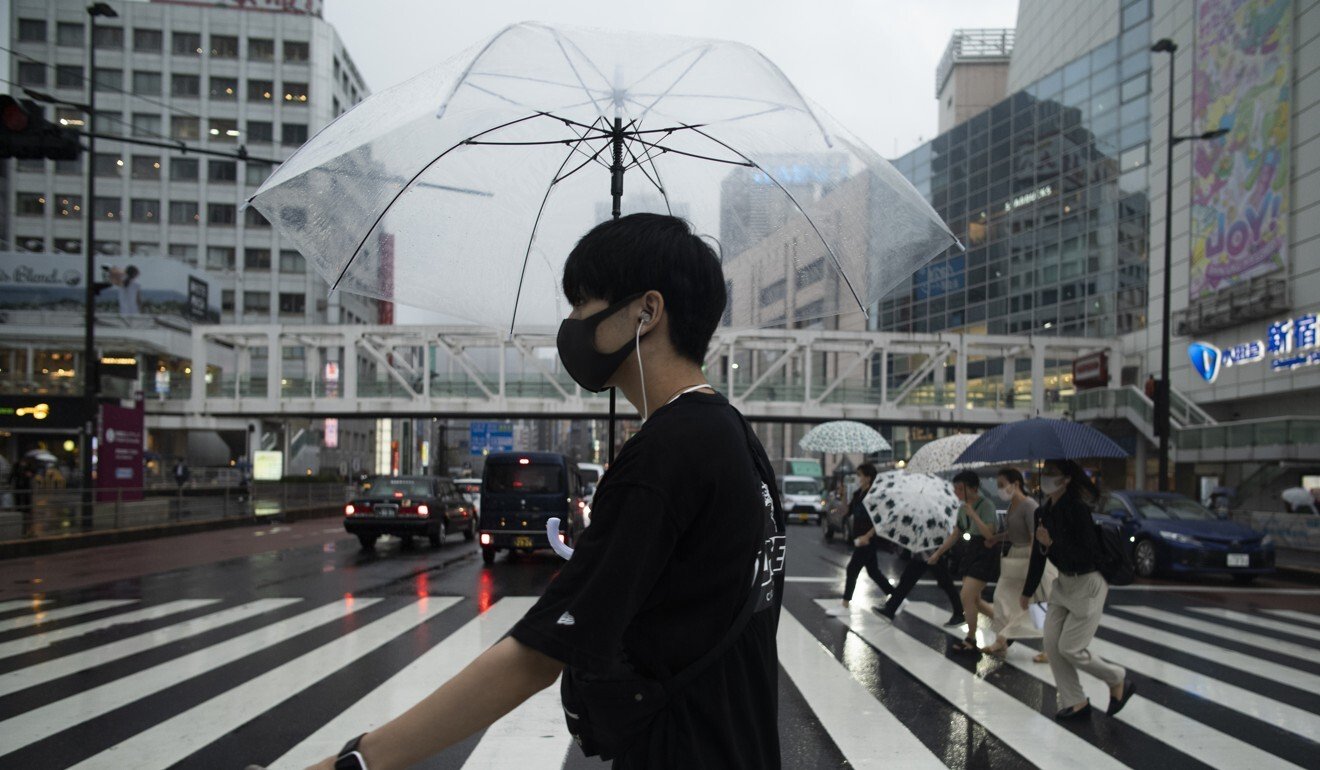
Japan PM Yoshihide Suga to resign after just 1 year in post
- The shock announcement comes with Suga’s approval ratings at an all-time low over his government’s handling of its coronavirus response
- He had been widely expected to seek re-election as LDP leader in a vote set for September 29 and had dropped no hints of his plans to leave office
He told a news conference in Tokyo that he will not run for leader of the ruling Liberal Democratic Party later this month. Whoever becomes the next LDP leader is virtually assured of becoming prime minister thanks to the party’s dominance in parliament.
“Since I became prime minister a year ago, dealing with coronavirus has been at the centre of my efforts,” Suga told reporters in a brief statement without taking questions. “Dealing with the virus while campaigning for the election would take a huge amount of energy. I realised I couldn’t do both and I should choose one.”
But it was a decision that had not been foreshadowed, with Suga dropping no hints of his plans to leave office after just a single year in power and before contesting his first general election.
“To be honest, I’m surprised,” LDP Secretary General Toshihiro Nikai told reporters earlier on Friday. “But I believe he came to this decision after thinking about it deeply.”

He had been widely expected to seek re-election as LDP leader in a vote set for September 29, with most speculation surrounding only how soon after that he would call a general election.
The election must be called by late October, and the LDP is expected to remain in power but possibly lose seats as a result of Suga’s unpopularity.
His government’s approval rating has nosedived to an all-time low of 31.8 per cent according to a poll by the Kyodo news agency last month. And recent reports about his plans for a cabinet reshuffle, as an attempt to remedy his unpopularity, appeared to be insufficient.
Suga has been battered by his government’s response to the pandemic, with Japan struggling through a record fifth wave of the virus after a slow start to its vaccine programme.

Much of the country is currently under virus restrictions, and the measures have been in place in some areas for almost the entire year.
But they have been insufficient to stop a surge in cases driven by the more contagious Delta variant, even as the vaccine programme has picked up pace with nearly 43 per cent of the population fully inoculated.
Japan has recorded nearly 16,000 deaths during the pandemic.
The 72-year-old Suga’s election as prime minister last year capped a lengthy political career.
Before taking the top office he served in the prominent role of chief cabinet secretary, and he had earned a fearsome reputation for wielding his power to control Japan’s sprawling and powerful bureaucracy.
The son of a strawberry farmer and a schoolteacher, Suga was raised in rural Akita in northern Japan and put himself through college after moving to Tokyo by working at a factory.
He was elected to his first office in 1987 as a municipal assembly member in Yokohama outside Tokyo, and entered parliament in 1996.
The leadership race was already starting to heat up on Friday, with local media reporting that former defence minister Taro Kono, who manages Japan’s vaccine roll-out, would stand for election.
LDP policy chief Hakubun Shimomura, divisive right-winger Sanae Takaichi and popular ex-defence minister Shigeru Ishiba are also considered possible candidates.
But the only politician to officially announce his plans so far is Fumio Kishida, who has pledged to spend big if he wins.
Additional reporting by Bloomberg

.png?itok=arIb17P0)